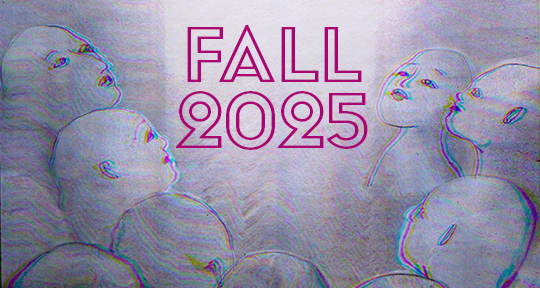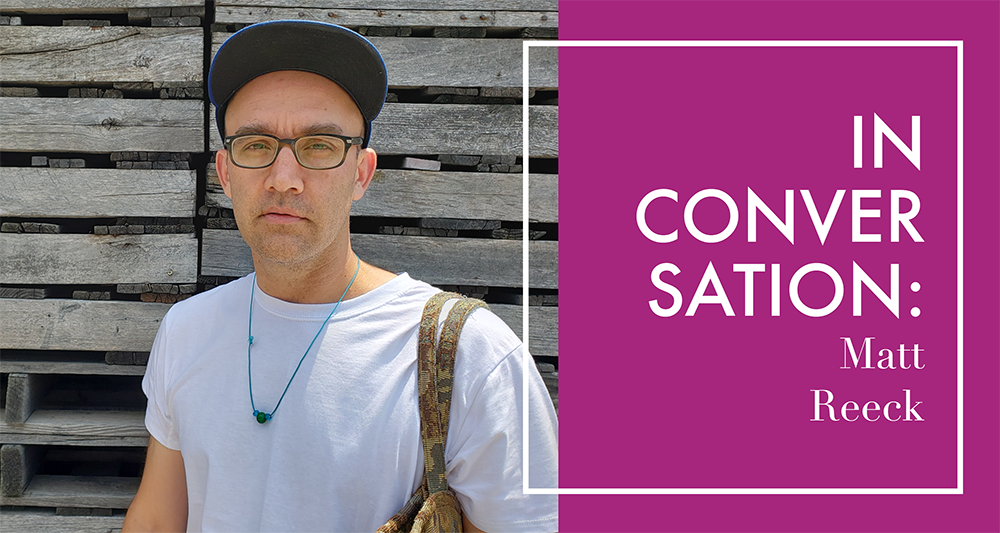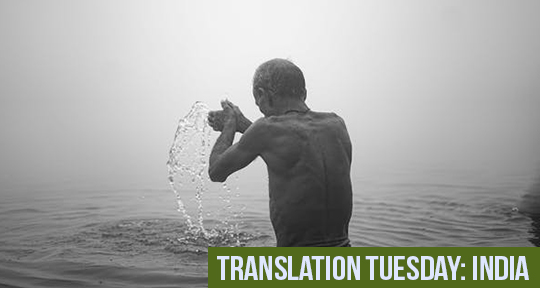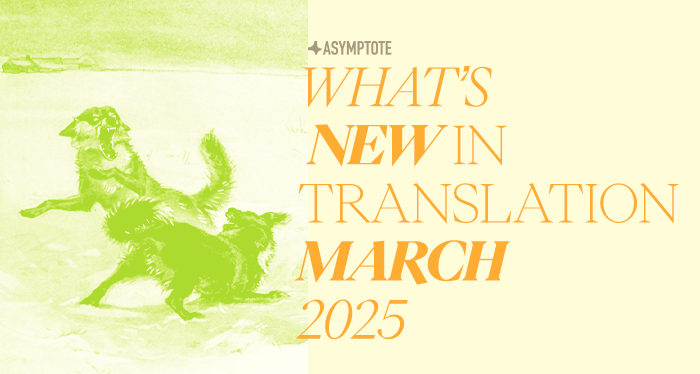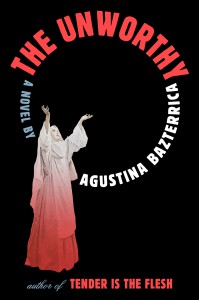Edited by writer-translators Sourav Roy and Tuhin Bhowal, Perennial: The Red River Book of 21st Century Hindi Poetry anthologises the work of forty poets, with a team of twenty-six translators, providing a glimpse into the diverse voices that animate Hindi poetry today. As Roy notes in his introduction—which wonderfully contextualises the history and development of Hindi’s poetic traditions, as well as their intersections with global literary movements—the language can be imagined as a vast and brimming river. As an anglophone reader myself, this collection offered an inlet to its ever-changing currents, with reflections from writers across the length and breadth of India, and beyond. From lyrical odes to political satire, folklore to philosophy, Perennial offers an entry point into Hindi poetry’s contemporary dynamism.
In this interview, I spoke with Roy and Bhowal about their approach to the project as co-editors and translators, possibilities for fidelity and creative betrayal in translation, and what comes next for Hindi poetry.
Devi Sastry (DS): This anthology must have been a massive undertaking, compiling two hundred poems from forty contemporary Hindi poets. Can you share a little bit about the making of this collection? What was the impetus behind the project? What challenges and discoveries did you encounter along the way?
Sourav Roy (SR): Perennial began with a phone call from Dibyajyoti Sarma, the publisher of Red River, in 2019. The impetus was straightforward; there has been no major recent anthology introducing contemporary Hindi poetry to English readers. We initially envisioned a smaller, more manageable project—perhaps twenty poets, completed within a year, but as we began reading, the scope expanded organically. The contemporary moment turned out to be far richer and more diverse than we’d anticipated.
Tuhin Bhowal (TB): I’m still not sure about the massiveness of this undertaking, but we certainly did take a long time—more than five years by the time the book came out in print. To be honest, I did not start with any such impetus in mind, or what the project actually meant, because literature clambered into my head very late in life (my mid-twenties). I had moved to Bangalore in 2017, and I began reading contemporary Hindi poetry seriously in the following year. I got incredibly interested in translation, but I was a complete novice, so in the beginning, I was just excited at the opportunity to work as peers on a full-length book with someone like Sourav, who had already been delving deeply into Hindi and English literature—reading, writing, translating—for so many years. READ MORE…




